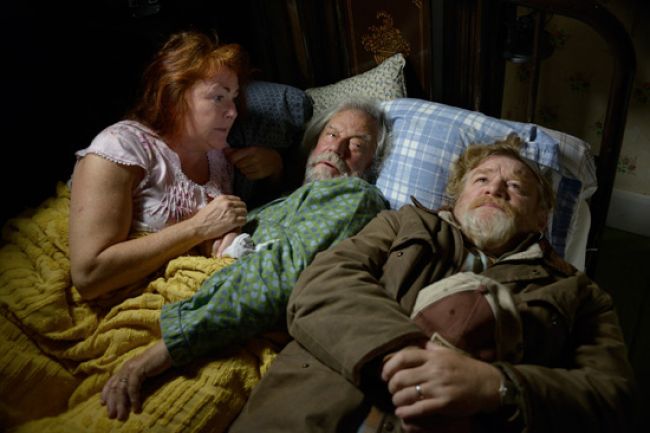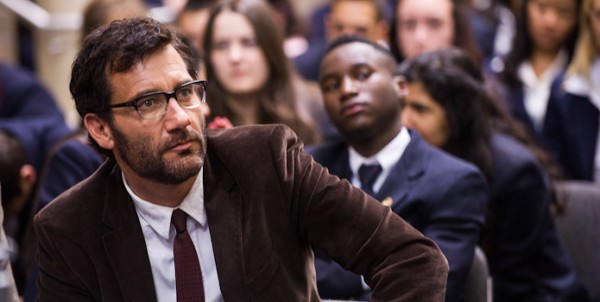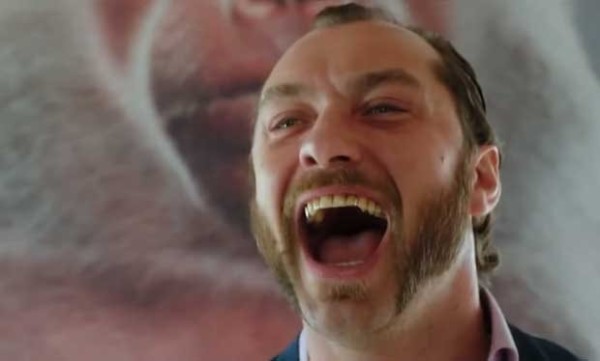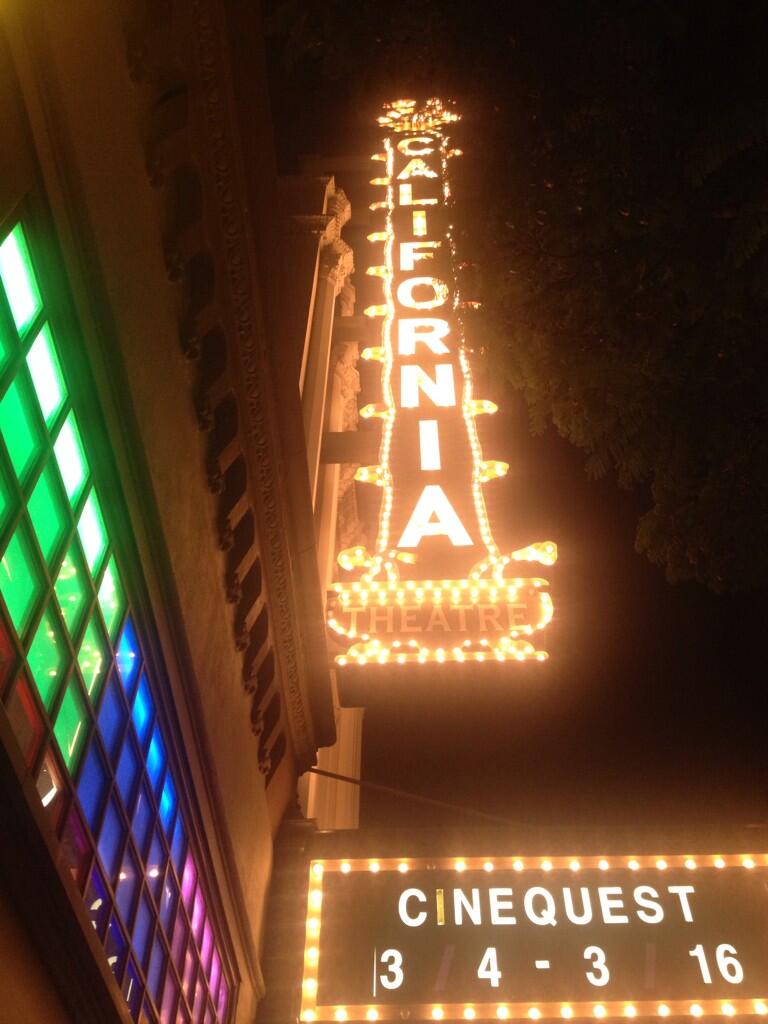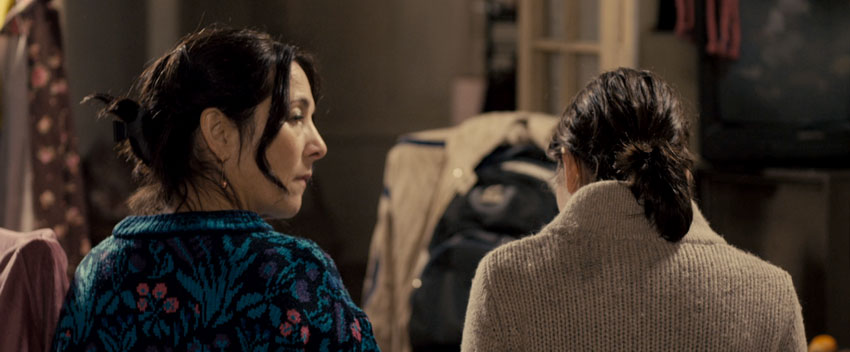 The extremely trippy Happenings of the Eighth Day is a pure art film, for better and for worse. It consists of some live action sketches wedged into some moody montages of characters driving around or walking on the beach and lots of evocative snippets of file footage and news photos. The sketches often center around a movie-within-a-movie and are tongue-in-cheek funny. The fourth wall is often broken, with the script tossed into and out of scenes and, most hilariously, when the boom lowers into a scene and then the sound guy himself sits down with the actors. The iconic movie images range from the pioneering silent The Kiss to Fritz the Cat. There are very graphic and provocative film clips from the Holocaust, 9/11, Sarajevo and other horrors.
The extremely trippy Happenings of the Eighth Day is a pure art film, for better and for worse. It consists of some live action sketches wedged into some moody montages of characters driving around or walking on the beach and lots of evocative snippets of file footage and news photos. The sketches often center around a movie-within-a-movie and are tongue-in-cheek funny. The fourth wall is often broken, with the script tossed into and out of scenes and, most hilariously, when the boom lowers into a scene and then the sound guy himself sits down with the actors. The iconic movie images range from the pioneering silent The Kiss to Fritz the Cat. There are very graphic and provocative film clips from the Holocaust, 9/11, Sarajevo and other horrors.
Some random comments: There’s a frequent use of video insets. Happenings employs the handheld background used famously in the Danish The Five Obstructions (see photo below). Even by Hollywood standards, the actresses were merely ornamental.
Happenings isn’t about a conventional narrative, so what’s going on here? Writer/director/actor/cinematographer/co-editor/actor Arya Ghavamian says that the theme is the oppression which he felt in his boyhood Iran and continues to feel in American society, a feeling he describes as “consistent paranoia”. Hmmm.
Here’s my ambivalence: With its humor, vivid imagery and driving music, Happenings almost worked for me as eye candy. But the clash between the smirking characters and the images of real atrocities seemed exploitative, and it put me off. Now, if you buy into Ghavamian’s explicit intention – a contemplation of oppression – the atrocity shots are justified, but I didn’t find that message coherent, nor did I think that it fit within the appealing overall slyness of the film. But, with the exception of a couple sketches that ran on too long and some moments that were annoying or offensive, I found it pretty entertaining.
Happenings of the Eighth Day is a VERY low-budget film, and its sound is particularly bad and its editing is particularly good.
I saw Happenings of the Eighth Day at its World Premiere at Cinequest in the San Jose Repertory Theatre and, I’ve got to say, no premiere in the history of cinema could have been any closer to its filming locations. The San Jose Rep is on the Paseo de San Antonio and 75% of the movie’s exteriors were shot along the Paseo from the Cesar Chavez fountains and the Fairmont Hotel past the Post Office to The Movie Gourmet’s own personal bench between Philz Coffee and the Tangerine salon. A former Philz barrista even appears in the film.

